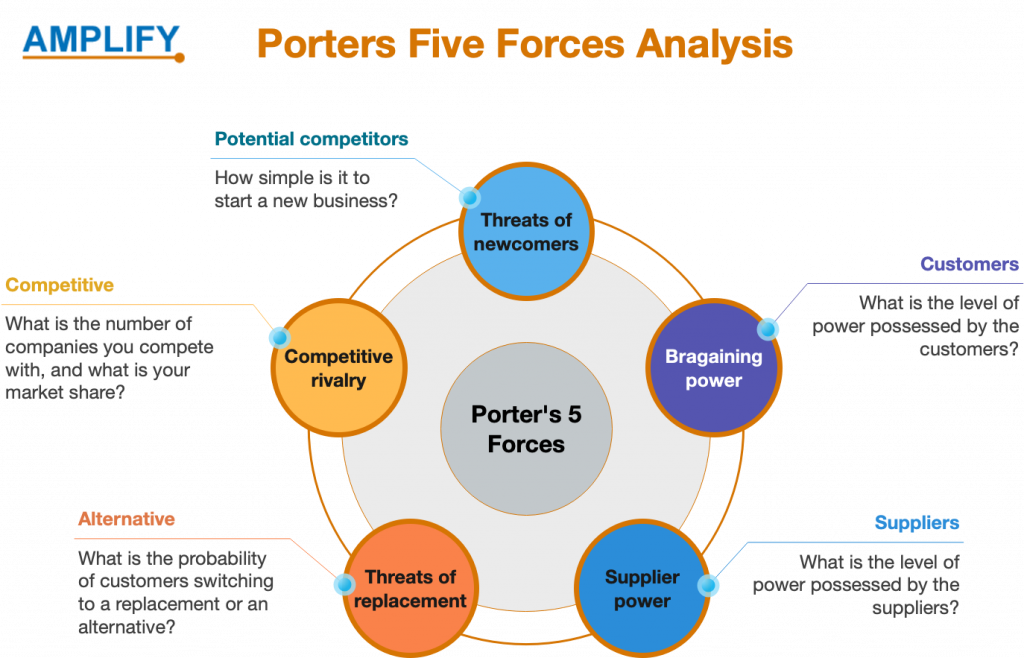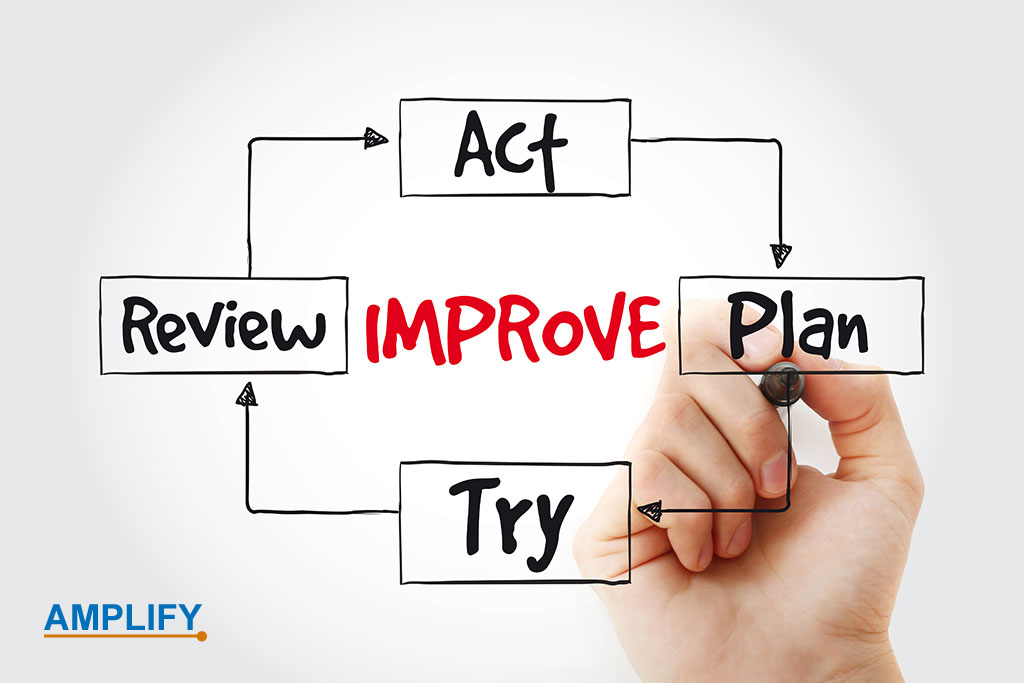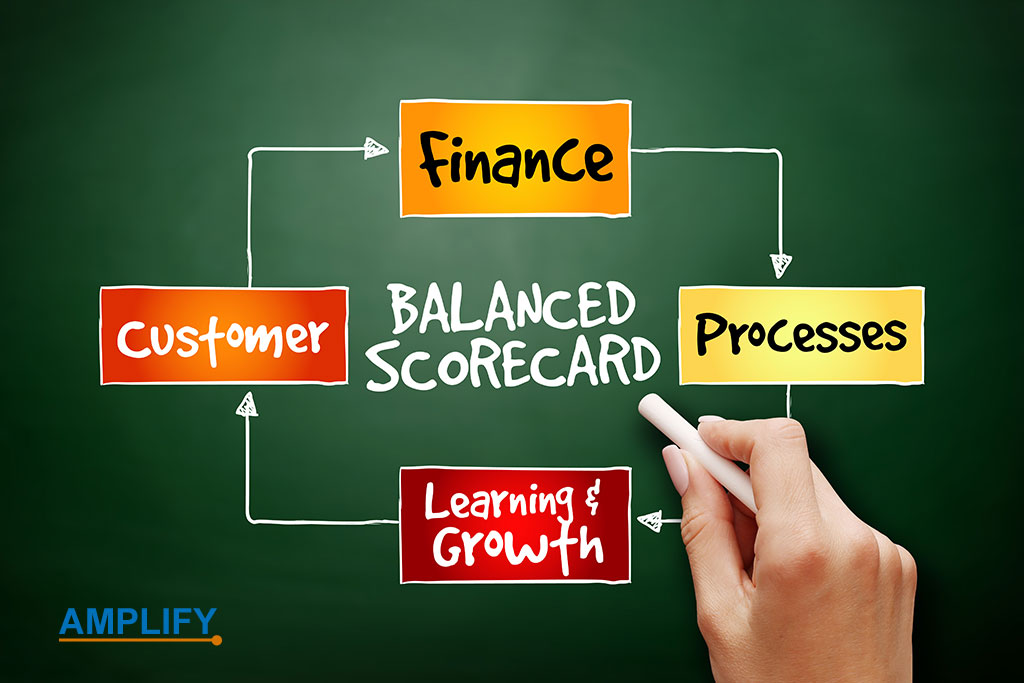Embracing Change: Techniques for Fostering Adaptability in Startups

Startups today face a rapidly evolving business landscape. Embracing change is not just a strategy; it’s a continuous commitment. How can your startup remain flexible and responsive?
Agile Methodologies: The Backbone of Technological Agility
Agile project management is pivotal for startups. It boosts their ability to adapt quickly to new requirements and feedback. Are you implementing these methodologies effectively?Startups need technology that can scale and adapt swiftly. This flexibility is essential for responding to new challenges and scaling when necessary.
Cultivating Innovation: Learning from Failure
Creating an environment where learning from mistakes is encouraged is crucial. Does your startup view trial and error as a pathway to innovation?Embracing an ongoing enhancement cycle for product development is vital. Are you focusing enough on customer feedback and market trends?
Real-world Examples: Startup Adaptability in Action
- A tech startup successfully transitioned to a B2B model, tapping into a broader market.
- An e-commerce startup adapted its products and marketing during a pandemic, leading to growth.
Resilience and Relevance: Long-term Benefits of Adaptability
Startups that adapt quickly can better withstand market volatility. Is your startup maintaining its market relevance through regular adaptation?Setting a Benchmark: Establishing a Legacy of Innovation
Startups known for adaptability often lead their industries. Are you setting new benchmarks in your sector?
In the dynamic world of business, nurturing adaptability is crucial for startups. With the right methodologies and a culture of innovation, startups do more than survive; they flourish.
Reflect on your startup’s adaptability. Are you using the most effective tools and methods for staying agile? How can you foster a stronger culture of innovation and adaptability?



















